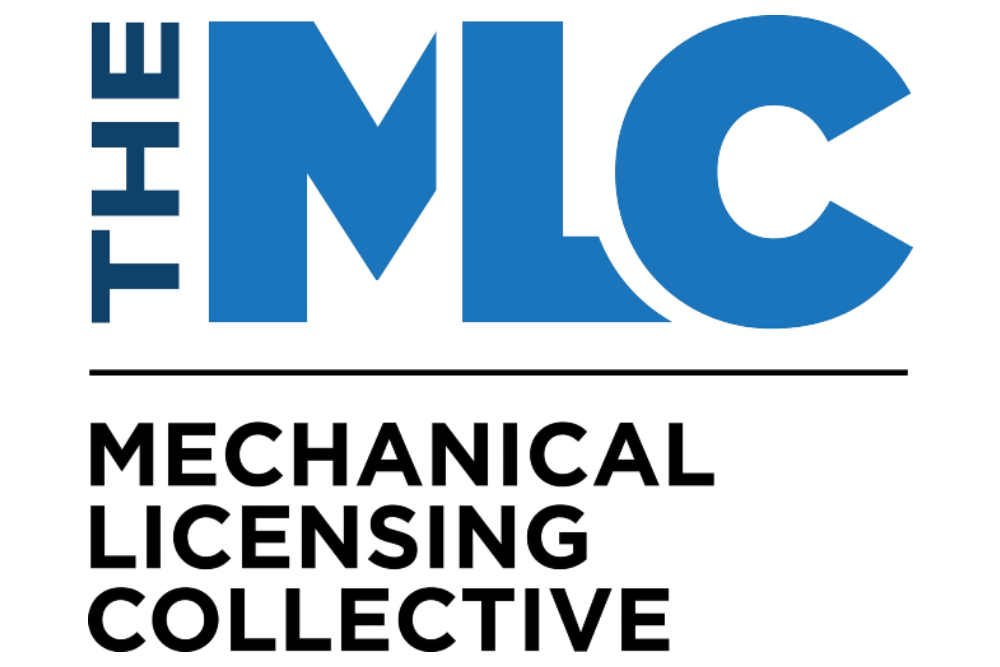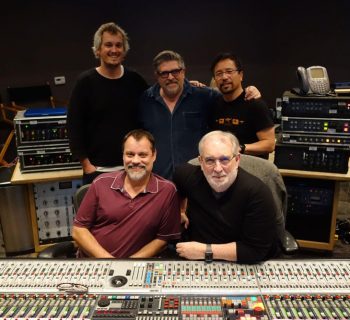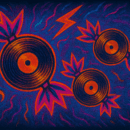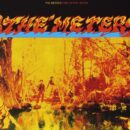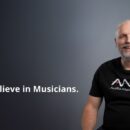Elevate your next pitch and ensure all the essential elements are included by using this “P.I.T.C.H.” framework. When it comes to pitching someone, you need to ensure you have all the key information, outlined in a detailed and easily digestible flow. I’ve compressed 13 years of pitching my clients—what worked well to capture attention and position my clients in the brightest, most interesting light—and created this “P.I.T.C.H.” framework for you to think through before you click “send” on a pitch.
P: Person
I: Information
T: Timely
C: Captivating
H: History
Person: Ensure this is, in fact, a match for the person you’re pitching. Don’t pitch a publicist about your music if you’re trying to get a publishing deal (this happens a few times a year to me). Similarly, don’t pitch country music to a rock-focused publication. If you’re pitching an A&R person at Warner Music on your rock band, make sure it’s not actually an A&R for Warner Nashville, which would be the country division of the label. The point is, be hyper-focused on who you’re pitching to ensure it’s a fit. This will increase the odds of receptiveness.
When pitching journalists, knowing these three aspects about them will massively help increase the likelihood of coverage opportunities:
• Know their genre affinity; investigate what type of music they generally write about before you pitch them.
• Is there a topic you see as a thread connecting a lot of their features (like LGBTQ+ artists or a focus on a new music scene in a specific city, etc).
• Does the journalist only do certain types of features (exclusives, premieres, interviews, album reviews, etc…)? You need to know this so you can properly ask for the type of coverage they are assigned to in your pitch…i.e. don’t ask for an album review if they only do breaking news coverage!
Information: All key details and assets on what you’re trying to promote such as release dates, song titles, what the music sounds like, etc., need to be presented in a digestible flow. A lot of times, artists will reach out to us, and not include details about a new release they’re preparing for, no links to hear the music or watch videos, no links to past media coverage or social media accounts. When you’re reaching out to someone for the first time, it might be your one and only shot at grabbing their attention. Make sure you provide them everything they need right up front.
Timely: You need to be pitching with proper lead time. Ideally you can also connect to a timely, newsworthy angle. By understanding who you are pitching yourself to, you’ll have a better understanding of when to get in front of them. For example, if you’re pitching the media because you have a new single or album, make sure you’re pitching them months in advance, as they need that lead time. A publicist or marketing agency cannot help you on a project unless you start working with them months ahead of the planned release. Also, maybe your new song is about the loss of a loved one due to cancer. As an example, you might consider releasing it in October, which is National Cancer Awareness Month. It would provide you and your team a deeper story to tell as it’s anchored to a national month of awareness.
Captivating: Make sure you’re telling a story with colorful wording and a good flow. Based on my experience you really only have 2-3 sentences to truly capture someone’s interest to investigate you further—so you want to be as captivating as possible with your storytelling and hooks. Be clever, and short, with an email’s subject line. But don’t go so far that it comes across as spammy. When in doubt, personalize your pitch to show that you put the extra time into your outreach and that this is not just a copy/paste blast that’s being sent to hundreds of people at once. Yes, it takes more time, but the odds of someone paying attention to you will increase.
History: After you hook the person you’re pitching with the captivating details, then hit them with more background information. Typically, at Milestone Publicity, we craft our pitches to flow with the most important information first and then move into the background, history and past accolades of an artist or band later. It’s all important information to include, but if you’re a new artist don’t lead with where you are from or what inspired you to become an artist, instead save that information for AFTER you’ve hooked someone with a captivating story angle, release dates, links to the music, etc.



